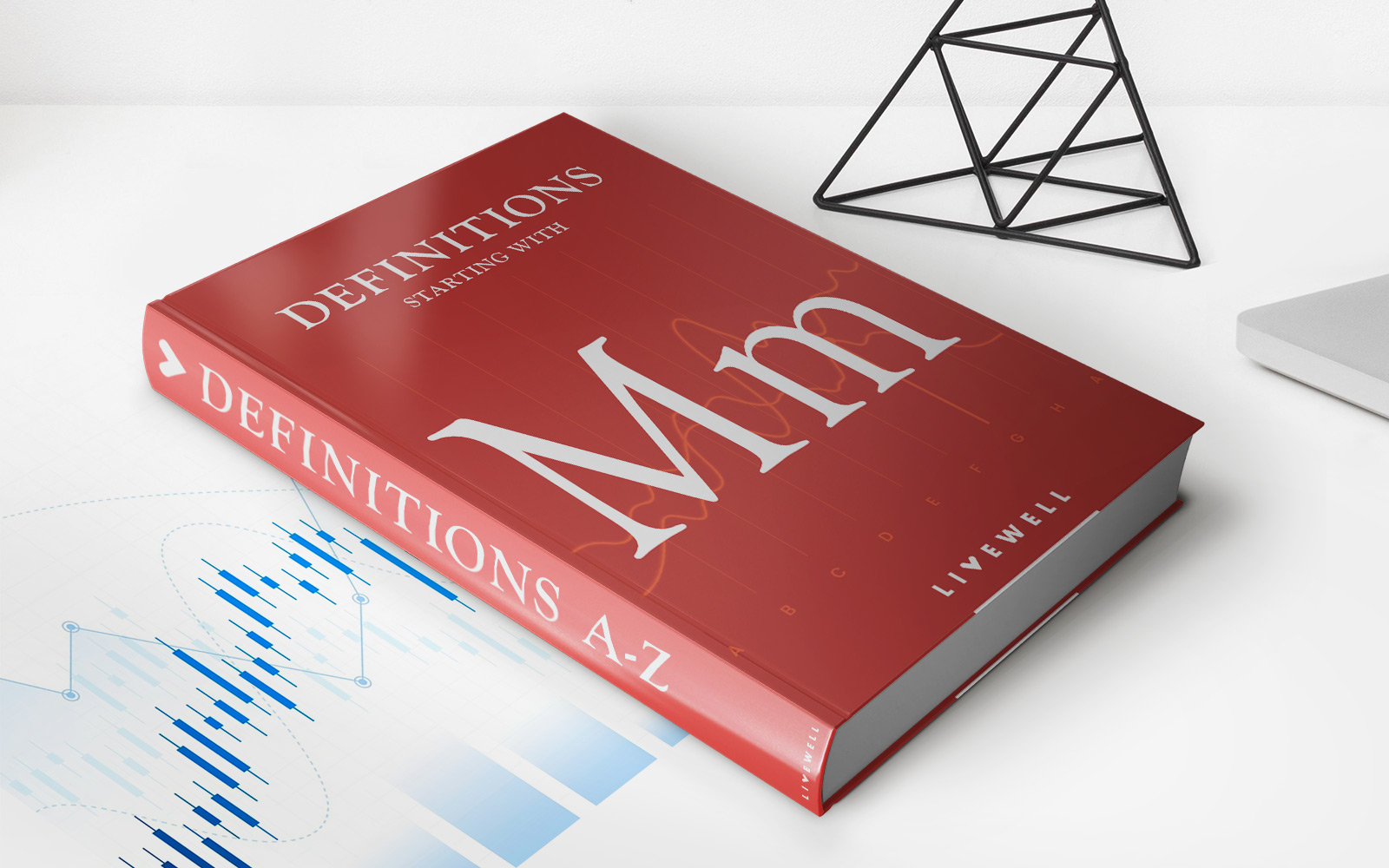Home>Finance>Accessory Dwelling Unit (ADU): Definition, Cost, And Value Add


Finance
Accessory Dwelling Unit (ADU): Definition, Cost, And Value Add
Modified: October 10, 2023
Learn about the definition, cost, and value add of Accessory Dwelling Units (ADUs) and how they can be financed to maximize your investment.
(Many of the links in this article redirect to a specific reviewed product. Your purchase of these products through affiliate links helps to generate commission for LiveWell, at no extra cost. Learn more)
Unlocking the Potential of Accessory Dwelling Units (ADUs) in Finances
Are you looking for a way to increase your property’s value and generate additional income? Look no further than accessory dwelling units (ADUs). In this article, we will explore the definition, cost, and the value that ADUs can add to your finances. So, let’s dive in!
Key Takeaways:
- Accessory Dwelling Units (ADUs) are secondary residential units designed to be added to existing properties.
- ADUs can provide homeowners with opportunities for rental income, increased property value, and potential tax benefits.
What is an Accessory Dwelling Unit (ADU)?
An accessory dwelling unit, or ADU, is a self-contained living space that is secondary to the main residential unit on a property. ADUs are commonly, but not limited to, converted basements, garages, or even purpose-built extensions. These units typically have their own entrance, kitchen, bathroom, and sleeping area.
ADUs come in various forms, including attached, detached, or even within the existing floor plan. The flexibility in design allows homeowners to leverage their existing property to create a separate space that can be used for a variety of purposes.
ADU Costs and Considerations
The cost of building an ADU can vary depending on factors such as location, size, design, and construction materials. While the cost may seem like a significant investment upfront, there are several ways to offset these expenses:
- Rental Income: ADUs can be rented out, providing homeowners with an additional stream of income. This can help offset the costs of construction and even contribute to monthly mortgage payments.
- Increased Property Value: Adding an ADU to your property can significantly increase its overall value. The additional living space is an attractive feature for potential buyers, making it a valuable asset in the long run.
- Tax Benefits: Depending on your location and local regulations, there may be tax incentives or exemptions available for ADU owners. These benefits can help reduce the upfront and ongoing costs associated with ADU construction and maintenance.
It’s essential to consider the specific regulations and requirements in your area before proceeding with an ADU project. Consulting with local zoning authorities or a professional architect can help you navigate the regulations and ensure compliance with building codes.
The Value Add of ADUs in Finances
ADUs can have a significant impact on your finances in several ways:
- Rental Income: As mentioned earlier, ADUs can provide homeowners with a consistent stream of rental income. Whether you choose to rent it out long-term or opt for short-term rentals, such as Airbnb, the additional income can help cover expenses, contribute to savings, or even pay off debts.
- Property Value Appreciation: Adding an ADU can increase the overall value of your property. The additional living space appeals to a wider range of potential buyers, making your property more attractive and potentially commanding a higher sale price.
- Multigenerational Living: ADUs can also provide valuable living space for extended family members. Whether it’s aging parents, adult children, or even guests, having a separate and self-contained unit on your property offers flexibility and convenience.
- Tax Benefits: Depending on your location and the specific regulations, there may be tax incentives or exemptions available for ADU owners. These can help reduce property taxes or even provide deductions on construction and maintenance expenses.
Overall, ADUs offer a plethora of financial benefits, allowing homeowners to maximize their property’s potential and generate additional income while enjoying the flexibility of a separate living space.
In Conclusion
Accessory dwelling units (ADUs) provide homeowners with a unique opportunity to add value to their finances. Whether it’s through rental income, increased property value, or tax benefits, ADUs can be a game-changer in optimizing your property’s potential.
Before embarking on an ADU project, be sure to research local regulations, consult professionals, and weigh the costs and benefits. With careful planning and consideration, ADUs can unlock a new world of financial opportunities for homeowners.














